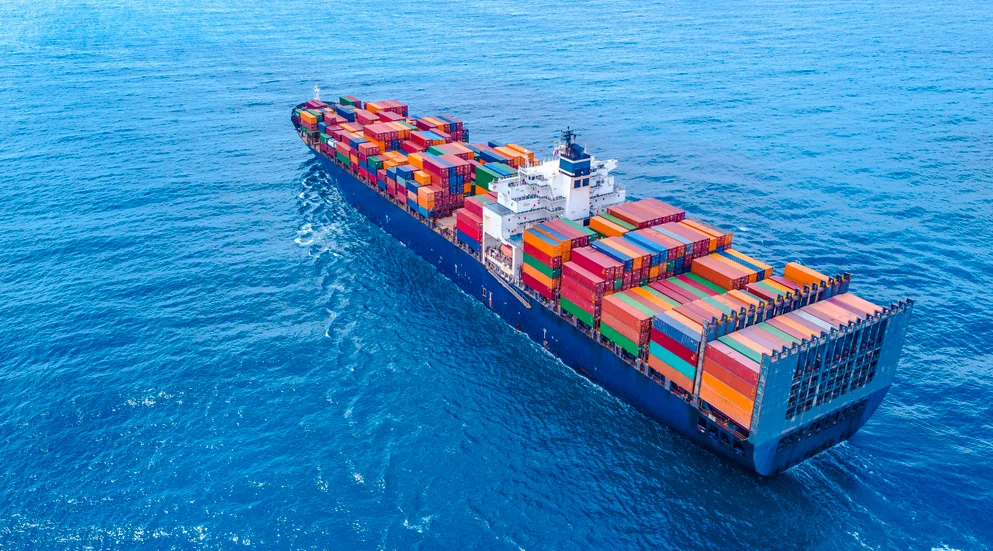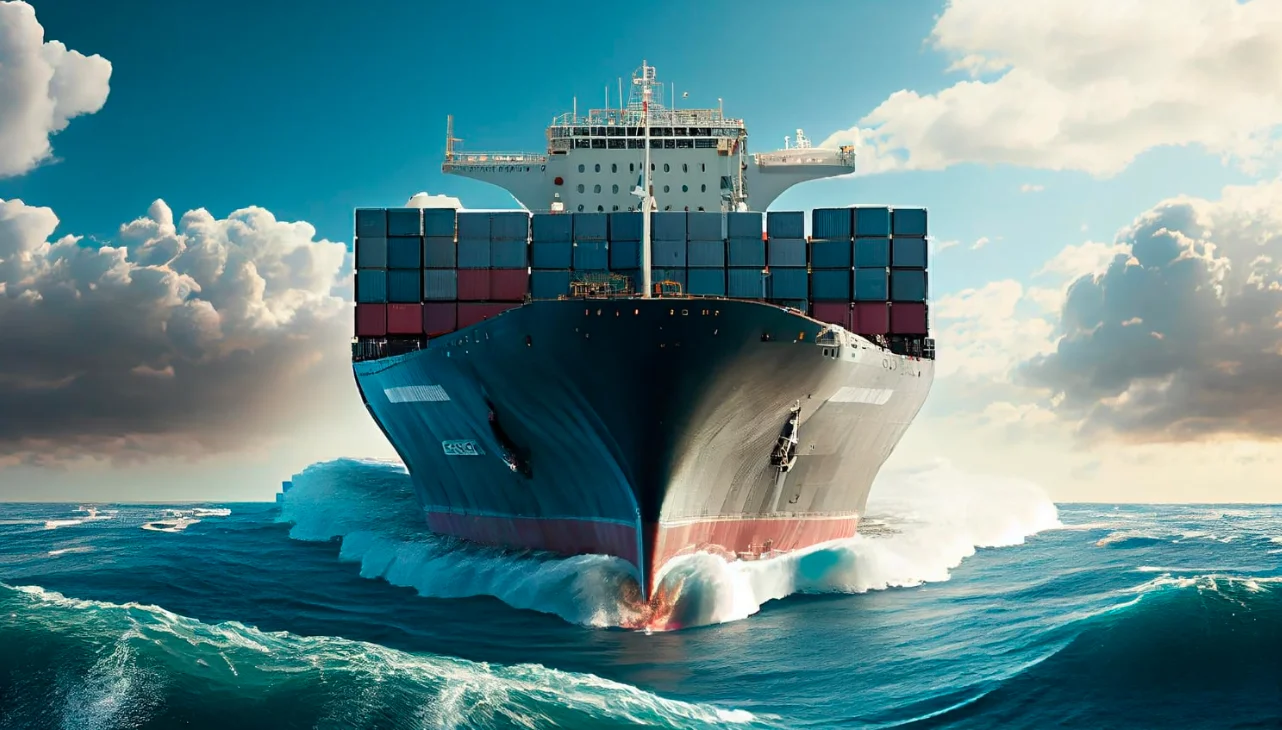
Houston maritime attorney
Maritime Lawyer
Maritime mishaps are usually unanticipated and, sadly, common or abundant as a result of dealing with enormous cargo and in delicate settings. Passengers aboard cruise ships incur unanticipated special harm. Generally, country employees’ indemnity statutes do not protect maritime employees. However, they are protected by some civil legislation and laws that ensure they get adequate care and indemnity in the tragic situation of damage. Because nautical law cases fall under civil governance, important birthrights are given away under civil law, such as the Jones Act, the Long shore and Harbor Worker’s Compensation Act (LHWCA), the Death on High Swell Act, the External Continental Shelf Lands Act (OCSLA), the Defense Base Act, Seaworthiness, the Lawsuits in Admiralty Act, the Public Vessels Act, and the Merchant Marine Act.

Most of these civil regulations and bills are bandied further under the banner named Maritime Workers Birthrights. We can help you understand where your implied case fits under and what your employers are required to do or offer you in the event of an accident as attorneys with decades of expertise in nautical law issues. We know how to lead our customers through the choppy seas of a nautical accident claim and make them feel at rest while their attorneys battle tirelessly on their behalf.
What should I do immediately following a marine accident?
Working out in navigational assiduity consistently places you on the detriment’s freeway. Injuries might result from your employer’s or colleague’s acts or inaction, but they can also be unintentional. Indeed, even if you believe the damage is minor, it is prudent to validate it and seek medical advice in case it does not heal or causes more harm. Your company may provide you with a croaker to know, but you are always free to seek an outside medical croaker of your choosing.
After your injury has been proven, you should notify your immediate administrator and employer about the incident and the specific injury. You should write a report on what happened as quickly as possible. Don’t rely on your employer or crew members to accomplish this for you. Also, do not subscribe to any report that you did not approve or compose. You should gather as much information regarding the accident or injury as possible as quickly as possible. This might include printouts of the region where the occurrence occurred and the ministry dealt with it. You should also try to obtain contact information from everyone who observed the event or was involved in your specific injury.
Accept indemnity and do not return to work until you are well and certain that you have received sufficient medical treatment. Even if you do not anticipate effects, you should contact an attorney for a free consultation to ensure you are being handled properly, how to submit a claim, and whether you have a case. If you attempt to labor or sign indemnity agreements without the assistance of an attorney, this might complicate matters if further consequences arise in your case. Maritime accidents and injuries are a difficult period for people who have been injured and their families.
With our expertise and understanding, we can help guide you step by step through the delicate process of ensuring you’re taken care of and properly compensated for navigational incidents.
Why should I retain the services of a marine accident attorney?
Maritime employers and insurance firms spend brigades of dedicated attorneys to make your issues go down the cheapest and shortest road possible. This typically entails vouching for the government in foreign countries, which restricts your indemnity. Companies will use their great knowledge, power, and coffers to damage you in an attempt to quickly stop your claim if you do not have the assistance of an informed marine accident attorney. This usually results in a decision that drastically undervalues or completely dismisses your claim. A knowledgeable marine accident attorney can help corporations depict themselves appropriately in naming your claim or risk legal action.
The experienced navigational injury attorneys will substantially reduce the load and anxiety of your claim by guiding you through each stage with courage and comfort. With their decades of expertise, the navigational attorneys at Doyle Dennis LLP will also have you obtain an expert assessment of your claim with no freights required. With our expertise in nautical law, we can help you understand how much your case is worth and how you may collect the compensation you deserve.
The Advantages of Hiring a Maritime Lawyer
Our Maritime Attorney has decades of expertise vigorously prosecuting Jones Act and coastal harm claims. We have a track record of swiftly conducting navigational situations to obtain the optimal reclamation as soon as possible. We’ve recovered millions of dollars for visitors involved in the Jones Act and coastal harm lawsuits. We have a track record of successfully bringing coastal injury and Jones Act lawsuits to trial. Offshore firms and their insurers observe our track record of achievement, which translates to consistently providing stunning impacts for our guests.
A Typical Maritime Accident Claim Life Cycle
Maritime accidents can happen in a matter of seconds, twinkles, or hours, but getting compensated for them can take months if not years. A navigational catastrophe may drastically alter your life, and obtaining adequate indemnity does not always happen in the period most people expect. Companies will occasionally offer short agreements or payments, but they will almost always undervalue your claim to dismiss it cheaply and quickly. Companies do not give employees the large sums they earn without a thorough investigation and usually drawn-out debate. A nautical accident claim often takes 4 months to a couple of years. They will most likely be a long time.
Following the accident, medical therapy requiring surgery might take weeks, months, or even years. It is critical to get adequate medical treatment and correct evaluation to ensure that you recover physically and financially from what you earn.




